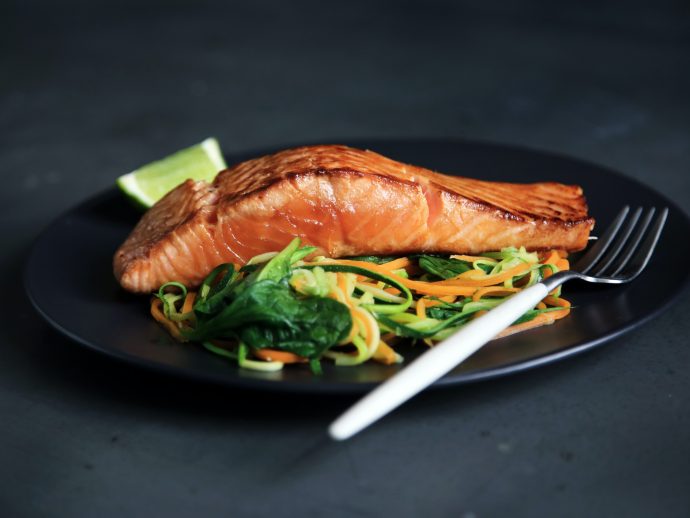How omega-3s can help kids
What our children eat is increasingly being recognized for its role in brain development and their cognitive and mental health. Here’s how omega-3 fats are thought to play a neuro-nutritional role in helping our kids build happy, healthy brains.
What are omega-3s?
One of the crucial components in a child’s growth and development, omega-3 fatty acids play an important role in early brain development, affecting learning, memory, mood, and behavior. The three main omega-3s are alpha-linolenic acid (ALA), eicosapentaenoic acid (EPA), and docosahexaenoic acid (DHA).
DHA, an important component of the membrane that surrounds brain cells called neurons, is particularly critical for healthy brain development and function. DHA accumulates in the fetal brain from the last trimester of pregnancy to about two years of age. This critical period of infant brain development lays the groundwork for a lifetime of complex brain processes, including learning and memory, mood and emotions, and stress-coping.
Studies show that the brain volume achieved at the end of the first year of life plays a major role in later intelligence, and higher DHA levels during infancy are linked to improved measures of intelligence in preschoolers. So, adequate levels of intake are important to set a solid foundation for cognitive milestones.
Omega-3s for optimal mental health
Low omega-3 levels may be linked to mood disorders, including anxiety and depression. Omega-3 supplements may have a positive effect on mood, whether used alone or as an adjunct to medication, and also have anti-anxiety effects in some.
Psychological stressors can cause neuro-inflammation, a risk factor for mental health conditions, like depression, and neurological diseases in later life, including dementia. Omega-3s may act as an effective anti-inflammatory in the brain, aiding resilience against stress and helping to fight anxiety.
The best omega-3s
Omega 3s can be consumed through diet or supplements during pregnancy and lactation to feed the growing fetus and infant as well through childhood development and on into adulthood.
Fish-based
- wild salmon
- black cod (aka sablefish)
- halibut
- trout
- anchovy
- sardine
- mackerel
- herring
Plant-based
- hemp hearts; hempseed oil
- chia seeds; chia seed oil
- flaxseeds; flaxseed oil
- walnuts; walnut oil
- pumpkin seeds; pumpkin seed butter
- natto
When it comes to supplements, please ask your health care professional for their advice recommending a supplement for your unique needs (or the unique needs of your child), including appropriate dosage.
What else can help?
Stress and worry, especially in a child, is multi-faceted; the approach needs to be as well. Along with open and appropriate communication, lifestyle modalities that can offer great benefit include yoga, mindfulness, and breath work.

